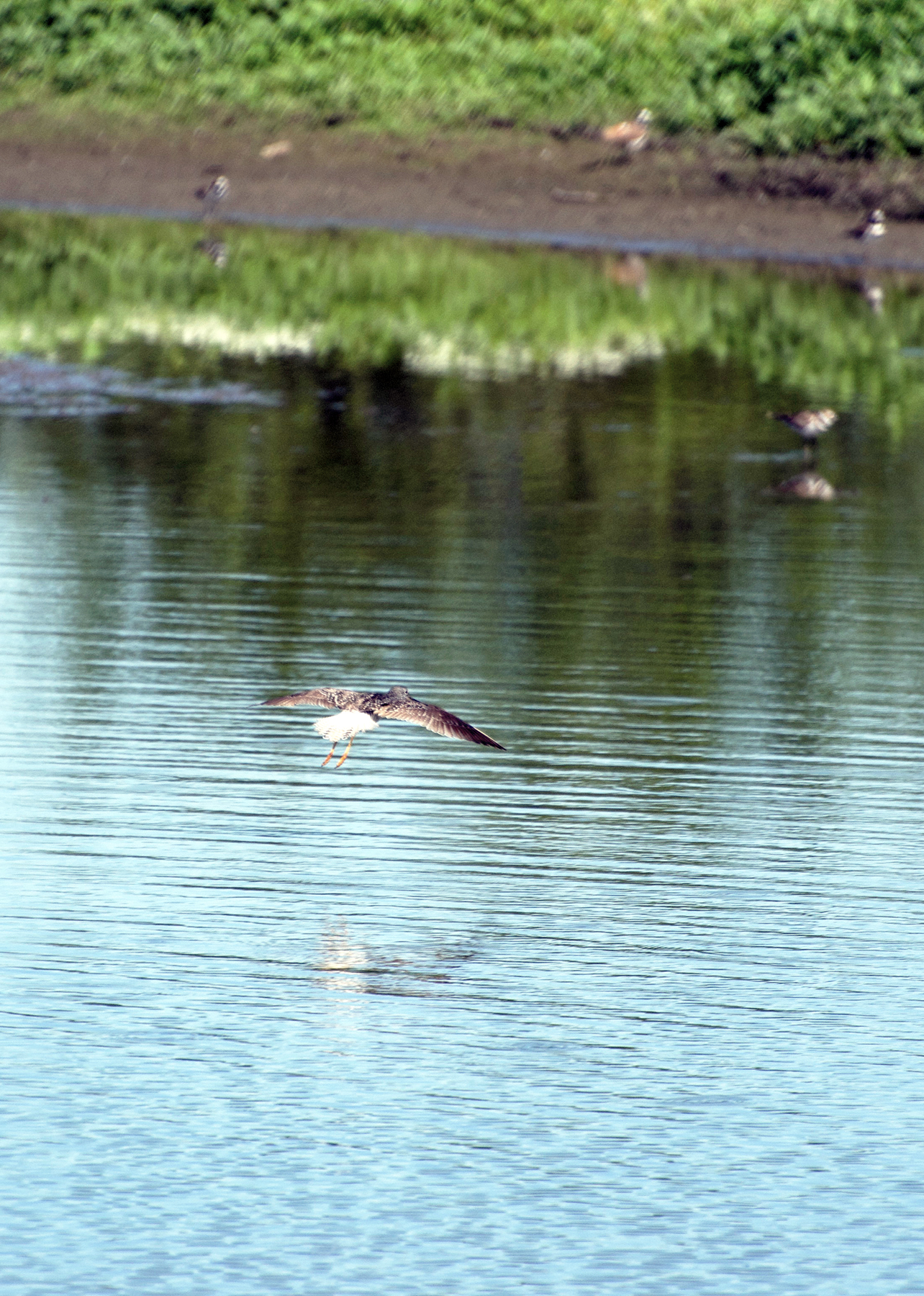There we were sitting outside on the deck having dinner. Halfway through, one of us who shall remain nameless, departed for the kitchen where he finished his plate without being constantly attacked by mosquitoes, at the cost of staring at the dirty dishes. “Where is my boy,”he moaned, “he used to be the mosquito magnet, so I could eat in peace. ”

Ever wondered how dangerous mosquitoes really are, beyond being an itch-producing nuisance? Turns out they are the most dangerous animals in the world – the females are feeding on vertebrate blood, necessary to make the eggs for their own reproduction, transmitting pathogens that are deadly: some species are a vector for malaria, others for dengue fever, yellow fever, chikungunya, and Zika. That used to be geographically constrained, but some of these mosquitoes have hitchhiked on container ships and airplanes to more temperate zones now as well. In fact some researchers believe they have killed half of all humans ever alive (debated, but not too much of an exaggeration – – in case you needed a downward comparison to the rotten Corona virus!) Here is the book about mosquitoes that tells you more.



And ever wondered if it is really true that some people are more frequently bitten than others, and if so, why that should be? Looks like it is a fact that people differ in their attractiveness for mosquitoes, and much of it has to do with genetics. There seem to be some 7 spots on our DNA that can make us more or less susceptible to the flying plague, likely related to kinds of body odors that either seduce or repel. How do we know? Good old epidemiological studies, collecting data from tens of thousands of people who report how attractive or not they are to mosquitoes and then comparing their DNA for similarities and differences, isolating causal factors. Furthermore, good old twin studies – we can vary how alike subjects are (with most other factors being held constant,) and then exposing siblings, fraternal twins or identical twins to mosquitoes. If one twin is judged to be the best thing on the menu by the mosquitoes, they should show the same interest in the other twin, which they do, and do so particularly with identical twins, who of course share all their genes.


Mosquitoes also go for carbon dioxide, so if your metabolism is up, you exercised, you’re pregnant, they come for you. I forget the names of the other volatiles that either attract or deter the pest, but researchers believe that heredity of your deliciousness to stingers is comparable to that for height or IQ.

A lot of research on this topic is coming out of New Mexico, with work on all aspects of mosquito lives and troubles done by the Hansen Lab. One of the things they explore has certainly applications for our household: what can you use to repel them, short of poisoning yourself and your environment with DEET or other similarly toxic chemicals? They found that peppermint and lemongrass oil were effective for 30 min. Spearmint and garlic oil had a strong initial effect, however, both lost their efficacy at 30 min. Cinnamon oil was effective in significantly reducing mosquito attraction for 1.5 h.


You know what to apply or burn or drip around you now. Happy al fresco dining!
Time spent photographing critters and shorebirds at inland ponds this week required long sleeves and constant cursing: the insects were out at the edge of the water and no wind to blow them away. But it was worth to see the many killdeers, sand pipers and greater yellow legs feasting on – potentially – mosquitoes.

And whole swarms of mosquitoes can be heard in this music, Crumb’s Music for a summer evening.






